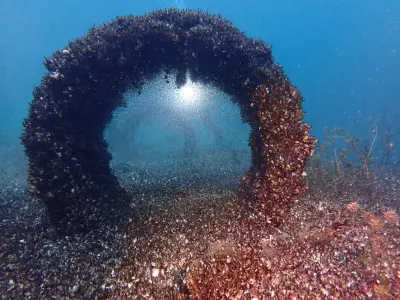
The United Nations' climate chief has delivered a starkly balanced assessment of artificial intelligence, acknowledging its potential perils while declaring it an essential weapon in humanity's battle against catastrophic global heating.
Simon Stiell, executive secretary of the UN Framework Convention on Climate Change (UNFCCC), stated that the rapid expansion of AI brings undeniable risks that demand robust governance. However, he emphasised that refusing to harness its power for climate action would be a grave mistake.
The Double-Edged Sword of Technology
"We can't ignore the disruptions AI will cause, or the energy demands of the data centres that power it," Stiell remarked. "But equally, we cannot afford to turn a blind eye to the transformative solutions it can provide."
He outlined several critical areas where AI is already proving invaluable:
- Precision Emissions Tracking: AI algorithms can analyse vast datasets from satellites and sensors to pinpoint sources of greenhouse gas emissions with unprecedented accuracy, holding polluters accountable.
- Optimising Renewable Grids: Managing the flow of electricity from intermittent sources like wind and solar is a complex challenge. AI can forecast supply and demand, ensuring grid stability and maximising the use of clean energy.
- Accelerating Scientific Discovery: From modelling new climate patterns to designing more efficient battery materials, AI can drastically shorten research and development timelines.
A Call for Responsible Deployment
Stiell's comments come amid growing global concern over the energy-intensive nature of large AI models. He stressed that the climate community must lead the conversation on developing and deploying AI responsibly, ensuring its benefits are not undone by its own carbon footprint.
"The choice isn't between AI and no AI," he concluded. "The choice is between shaping this technology to serve our planetary emergency, or being shaped by it. We must steer it with clear, ethical guidelines to ensure it becomes a net-positive force for climate stability."





